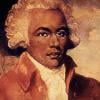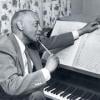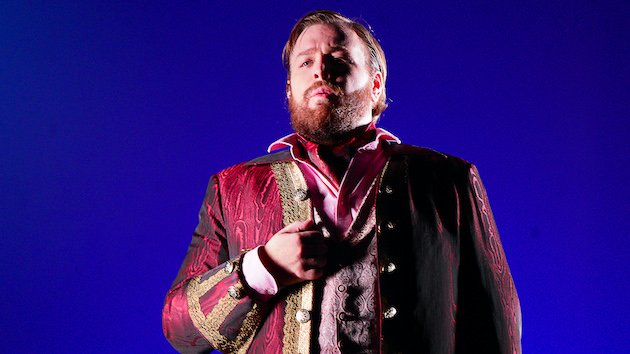
Since the pandemic shutdown has radically changed the nature of cultural presentations, several opera companies are producing car-themed events. The Industry’s Yuval Sharon, who was recently appointed artistic director of Michigan Opera Theatre, staged Twilight: Gods, a drive-through opera in a Detroit parking facility and L.A.-based Pacific Opera Project is offering Covid fan Tutte as a drive-in work in Camarillo Nov. 20-22. Los Angeles Opera has, instead, opted to go the livestreamed route, no vehicles in sight.
But LAO’s production of Joseph Bologne’s 1780 comic opera, The Anonymous Lover (L’Amant anonyme), which premiered last weekend and is available for free through November 29, was daring in other respects, not least of which was the mounting of a work by an overlooked 18th century composer of color, as well as in the sheer audacity of its production.
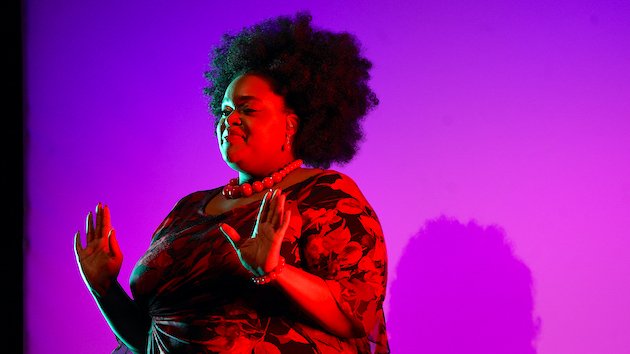
The inaugural presentation of LA Opera’s On Now initiative and curated by publisher and copyright owner Opera Ritrovata, the delightful 90-minute chamber work by Bologne, Chevalier de Saint-Georges (1745–1799) was conducted by the company’s music director, the always stellar James Conlon. Deftly directed by Bruce A. Lemon, Jr. (his first foray into the art form) the piece featured six members of LAO’s Domingo-Colburn-Stein Young Artist Program, all noteworthy.

First and foremost, Lemon was required to adhere to a strict set of pandemic protocols, which involved a socially distanced stage setting at the Colburn School: 29 masked musicians performing at the school’s Grand Rehearsal Hall and the sextet of singers at nearby Zipper Hall who were required to be some 20 feet away from each other, with Lemon and 10 cameras and crew members making use of the balconies and the seats in the auditorium as well.
The tale is one of unspoken love and a failure to communicate, the latter an apt metaphor for dealing with the pandemic that has most of us disconnected from family, friends, and colleagues. To that end, Lemon decided to create an “alternate” L.A. on Bunker Hill (Hana S. Kim’s sets and projections included cool Kara Walker-like silhouettes), with the helmer, who is also artistic director of Watts Village, and dramaturg Ariane Helou fleshing out English dialogue to the libretto by playwright Madame de Genlis (Stéphanie-Félicité), helping give the opera a revelatory sheen.
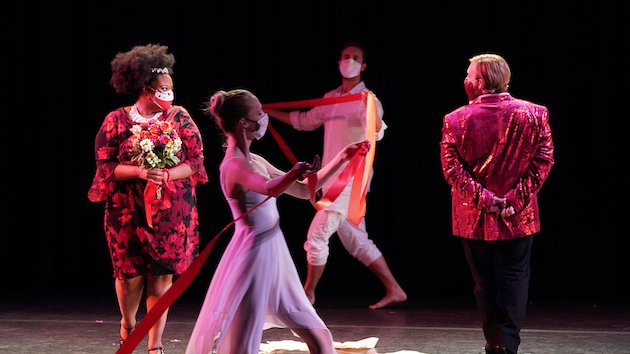
The plot details are thus: A young widow, Léontine (soprano Tiffany Townsend, reminiscent of a young Jessye Norman) has, for years, been receiving letters and gifts from an unknown man, Valcour (the tasteful tenor Robert Stahley), who happens, as well, to be her friend and confidante. Also in the cast are Léontine’s BFF Dorothée (soprano Alaysha Fox), Valcour’s aide-de-deceit, Ophémon (baritone Michael J. Hawk) and two young lovers, Jeannette (mezzo-soprano Gabriela Flores) and Colin (countertenor Jacob Ingbar).
Happily, the denouement is not only one wedding, but two nuptial celebrations, while a pair of real-life married dancers, Andrea Beasom, who also choreographed, and Daniel Lindgren, had the singular honors of being able to not only touch each other via sumptuous lifts, but were actually allowed/able to kiss!
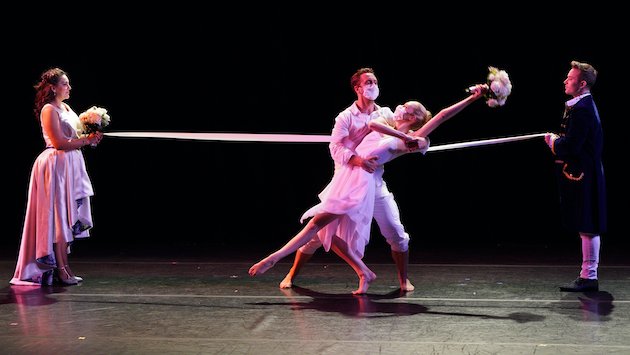
The simple plot, however, belies the music, which, for a comic work features not only a number of minor keys, but was also, by turns, sparkling, emotion-driven, and reflective.
So who was this Bologne (or Boulogne) dude? He was born on the island of Guadalupe, the musical prodigy was the illegitimate son of an enslaved African woman and a wealthy French plantation owner. Catapulted into French society after the family moved to Paris, he wowed as a violinist, became music director/conductor of a leading Parisian orchestra and a composer of note, with Mozart, 11 years his junior, no doubt having heard — and possibly been inspired by — the man’s music.

Bologne also became a famed fencer. It was this talent that led King Louis XV to name him Chevalier de Saint-Georges. However, his African ancestry prohibited the polymath from officially inheriting such a title, although it did earn him a kind of mythic status, with an unlucky liaison with a French noblewoman — and a falling out with Marie Antoinette — leading to his untimely demise.
According to Conlon’s notes, Bologne suffered in his personal life, as “all doors were closed to him for marriage. The social conventions, and even the laws, rendered that impossible for a man of color. Consequently, his life has a tragic dimension that we can only imagine.” But with Hollywood slated to make a biopic of Bologne and other opportunities to hear his music on the horizon, his life and art will be given a larger and much-deserved audience.

In the interim, this opera, with costumes by Misty Ayres and lighting by Pablo Santiago, delivered music made all the more exquisite in light of the pandemic-era restrictions: A commanding presence, Townsend offered a robust reading while at the same time laying claim to silvery tones; Stahley was a charismatic, full-throated tenor, the minor keys highlighting the ache of unrequited love. Fox proved a reliable Dorothée, who, though not given much to sing in the original score, conquered an aria interpolated from Bologne’s first opera, Ernestine, with assuredness. The so-called “peasant” couple also showed musical gifts, adding icing to this long-neglected operatic cake.

It must be noted that Bologne, whom John Adams (the American founding father) once described as “the most accomplished man in Europe in riding, shooting, fencing, dancing, and music,” wrote six operas, with this score and the aria from Ernestine the lone survivors, making this production not only a miracle, but also a gratifying one in myriad ways. Indeed, in these politically fraught times, with social justice front and center, it’s no coincidence that LAO decided to jumpstart its digital streaming initiative with Bologne’s work, a bold and beautiful choice when the diversity quotient is decidedly in need of a boost.
And echoing the Black Lives Matter movement, Maestro Conlon’s final words in his program notes reverberate with the moment: “Say his name: Joseph Bologne Chevalier de St. Georges.”


